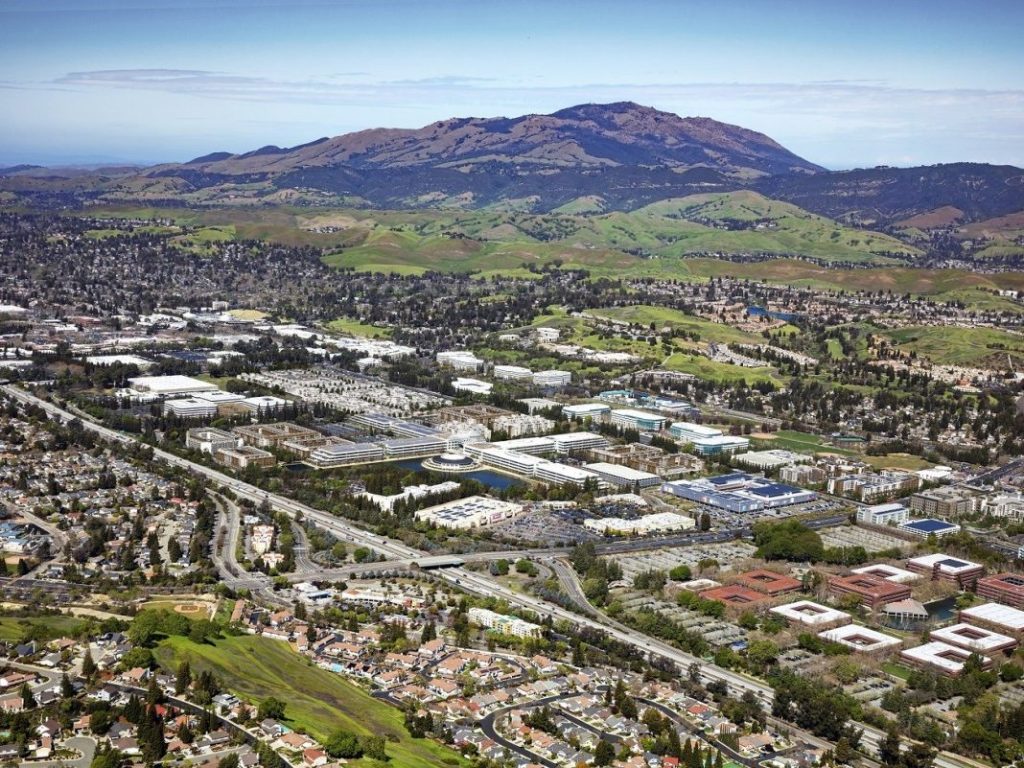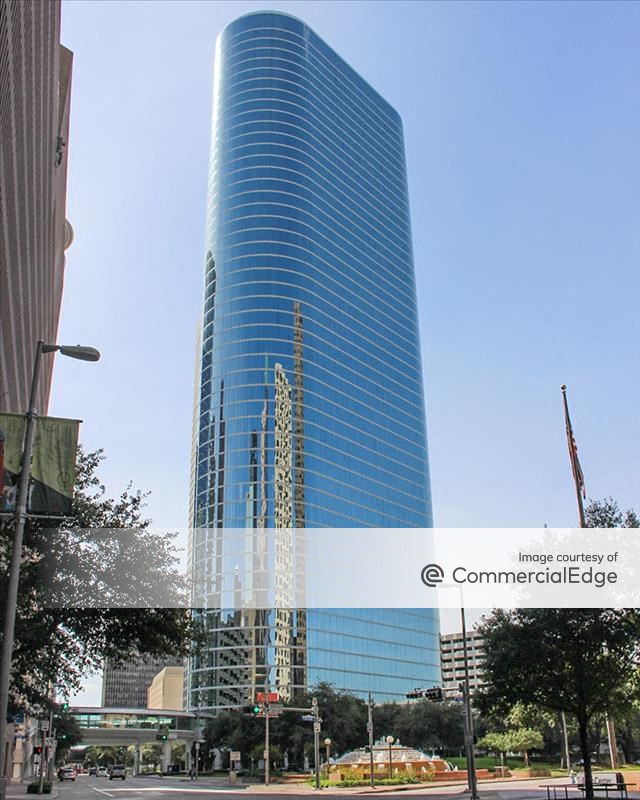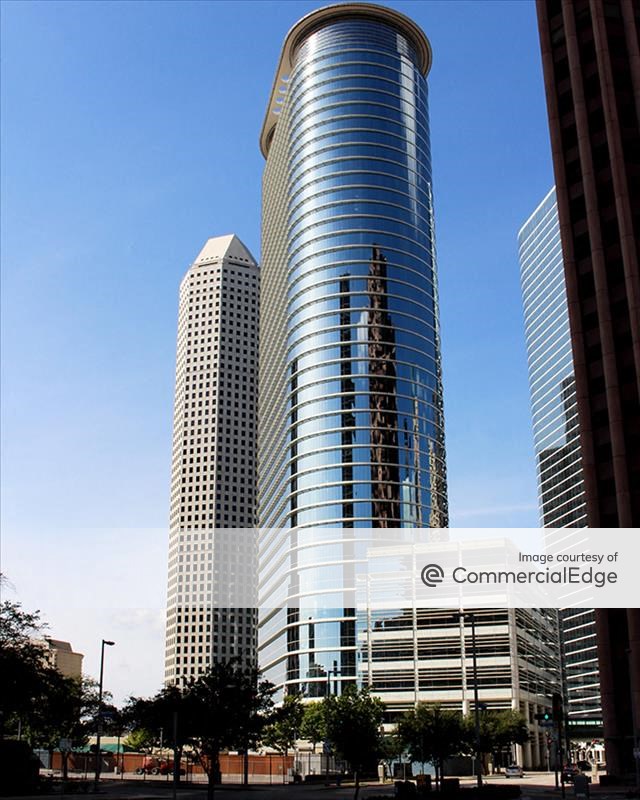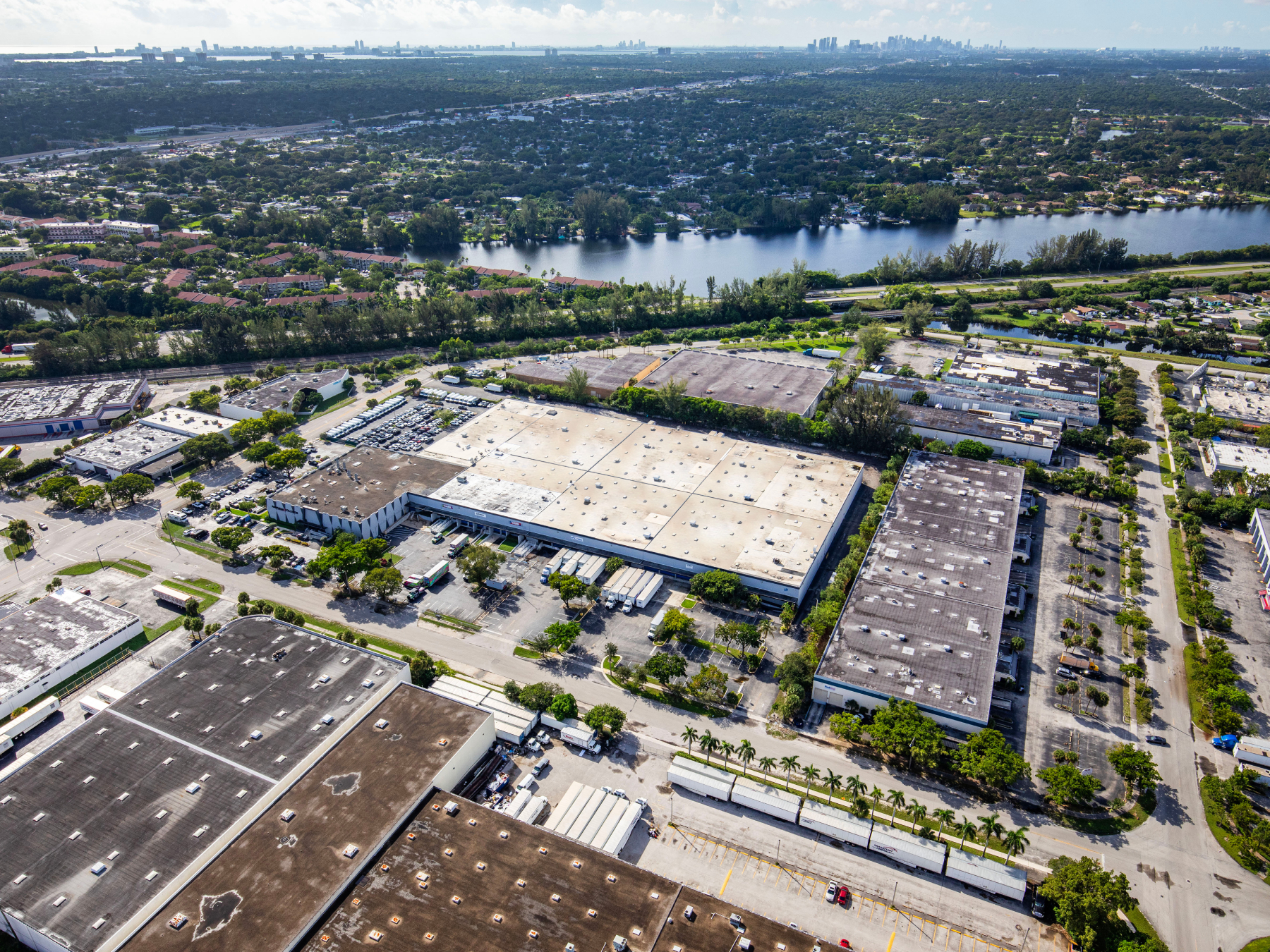Goodbye, Golden State: What’s Driving Chevron’s HQ Move
The company plans to relocate all corporate functions from the Bay Area over the next several years.
Joining the major corporations that have left California in recent years, Chevron announced on Friday that it will relocate its headquarters to Houston.
The energy giant will move its base of operations from Bishop Ranch, a mixed-use campus in San Ramon, Calif., to two Houston office towers that the company owns and occupies in full.
According to Chevron, the relocation to Houston will take place over five years. Mike Wirth, the firm’s chairman & CEO, as well as Vice Chairman Mark Nelson, will move to Houston later this year, joining other senior members of the leadership team already based in the city. About 7,000 Chevron employees are currently located in the Texas city, compared to 2,000 in San Ramon. Chevron will become the second-largest public company located in Houston, second only to Exxon Mobil Corp.
Making the move
The origins of Chevron’s San Ramon downsizing and Houston expansion go back several years. In 2022, the firm reduced its presence nearly threefold when it sold Chevron Park, a 1.3 million-square-foot campus within Bishop Ranch that had been its base of operations since 1982. Chevron sold the campus back to its previous owner, Sunset Development Co. With that sale, the company leased 400,000 square feet at Bishop Ranch – 2600, a 1.8 million-square-foot property that is also owned by Sunset.

According to previous coverage in CPE, the sale was motivated by the firm intending to focus more of its operations in Houston.
The company has had a presence near the Houston Energy Corridor for more than a century. Chevron acquired the towers on Louisiana and Smith streets in downtown Houston in 2004 and 2011, respectively, according to information from CommercialEdge.
1500 Louisiana St. is a 40-story, 1.1 million-square-foot Class A+ tower completed in 2000. The 1.2 million-square-foot 1400 Smith St., which opened in 1983, rises 50 stories. During its ownership, Chevron has renovated the buildings’ interiors and mechanical equipment.
In 2017, Chevron spent $10 million to renovate 1500 Louisiana St., according to Texas A&M University’s Texas Real Estate Research Center. Both buildings are LEED-certified.
READ ALSO: As Office Pipeline Shrinks, Existing Class A Buildings Should Benefit
Along with the towers, Chevron owns 3901 Briarpark Drive, a 222,544-square-foot office property in the city’s Westchase suburb. The company also hosts The Launchpad at Rice University’s Ion District Development, where it conducts research into integrating external technologies into its operations around lowering its carbon footprint, as well as data analytics and information technology.
Another potential project that has been a source of speculation is 1600 Louisiana St., a 58-story tower that would span 1.5 million square feet.
A long time coming
Chevron’s presence in San Ramon dates back to 1879, when a series of smaller, California-based companies merged with Standard Oil.
According to Bloomberg, reasons for Chevron’s departure from California include the state’s emissions regulations and its weaning off oil and gasoline consumption. The Golden State accounts for more than a third of the nation’s electric vehicle sales. It also has the nation’s most aggressive decarbonization initiative and has set a 2045 deadline for net-zero emissions.
Chevron also cited Texas’ lower taxes and cost of living as motivations, according to the Bloomberg report.
Heading southeast
Over the past several years, a number of corporations have moved from California to Texas, notably technology companies. Last month, Elon Musk announced that he would be moving the headquarters of both X, formerly known as Twitter, and SpaceX to the latter company’s Starbase campus. Tesla, formerly based in Palo Alto, relocated to Austin in 2021.
Oracle, formerly based in Redwood City, moved to Austin in 2020, but is now set to relocate its headquarters to Nashville.
A recent CBRE report on corporate relocations found that Sun Belt states–including Texas, Florida and Georgia–have received the most net gains in space from Fortune 500 firms over the past six years. California, Illinois, New York and New Jersey have had the sharpest decreases.
Still, the series of moves has not done much to affect fundamentals in the Los Angeles and Bay Area markets, which have retained some of the nation’s largest pipelines, asking rents and transaction volumes, data from CommercialEdge’s latest National Office Report shows.










You must be logged in to post a comment.